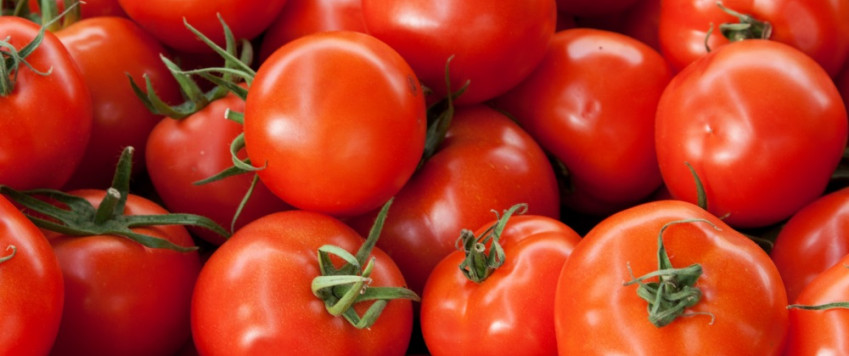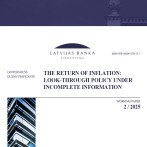Inflation in July: lower than expected

In July, the year-on-year inflation slightly declined to 2.6%. Thus, inflation was lower than expected despite several analysts' projections of a steeper rise already in the summer.
In July, the prices of some goods and services were indeed lower than expected:
- despite a significant increase in excise tax rates for tobacco products, which should have raised the overall price level by 0.15 percentage point, the average price for a pack of cigarettes remained unchanged in July. Therefore, it can be expected that the new excise tax rates will be gradually incorporated into the cigarette prices over the coming months. Moreover, being well aware of the expected excise tax increase, retailers could have at least partly factored it into the cigarette prices before it became effective;
- July saw an unusually sharp fall in the prices of fresh vegetables, thus lowering the overall price level by another 0.10 percentage point. This offset the developments observed in June when the decline in the prices of fresh vegetables was atypically small. The prices of tomatoes and cucumbers recorded a particularly swift drop in July as a result of unusually warm weather conditions improving the harvest of these vegetables.
At the same time, the dynamics of other inflation components is in line with expectations. For example:
- reflecting the upward trend in the prices of oil products observed over the past few months, new AS "Latvijas Gāze" tariffs for households became effective in July, increasing natural gas prices by more than 10%;
- fuel prices have evolved along the projected path (see Chart 35 on page 41 of the June Macroeconomic Developments Report) hovering at a four-year high this summer, with the prices of 95 octane petrol and diesel standing at 1.3 and 1.2 euro per litre respectively;
- acceleration of underlying inflation[1], which captures the dynamics of domestic demand with a few quarters' lag, is moderate and in some months is even not observed. This is in line with the previous assessment that the Latvian economy is currently in the expansion stage and the GDP slightly exceeds its potential level. Meanwhile, the risks of economic overheating are limited.
Inflation is expected to remain on a gradual upward trend in the coming months. The rising global prices of oil products have not yet been fully priced into the heating prices. Moreover, the global food prices are unlikely to continue the rapid fall observed in July when the decline largely reflected an increase in the supply of milk in New Zealand as well as the prospects of good sugar harvest in India and Thailand. As a result of hot and dry weather conditions, wheat harvest prospects in the European countries have declined substantially. Thus, the global harvest of cereals is going to be lower than the volume of consumption for the first time in the last six years, leading to a contraction of grain stocks and a rise in prices.
[1] Inflation excluding food, energy, taxes and administered prices.
Textual error
«… …»






